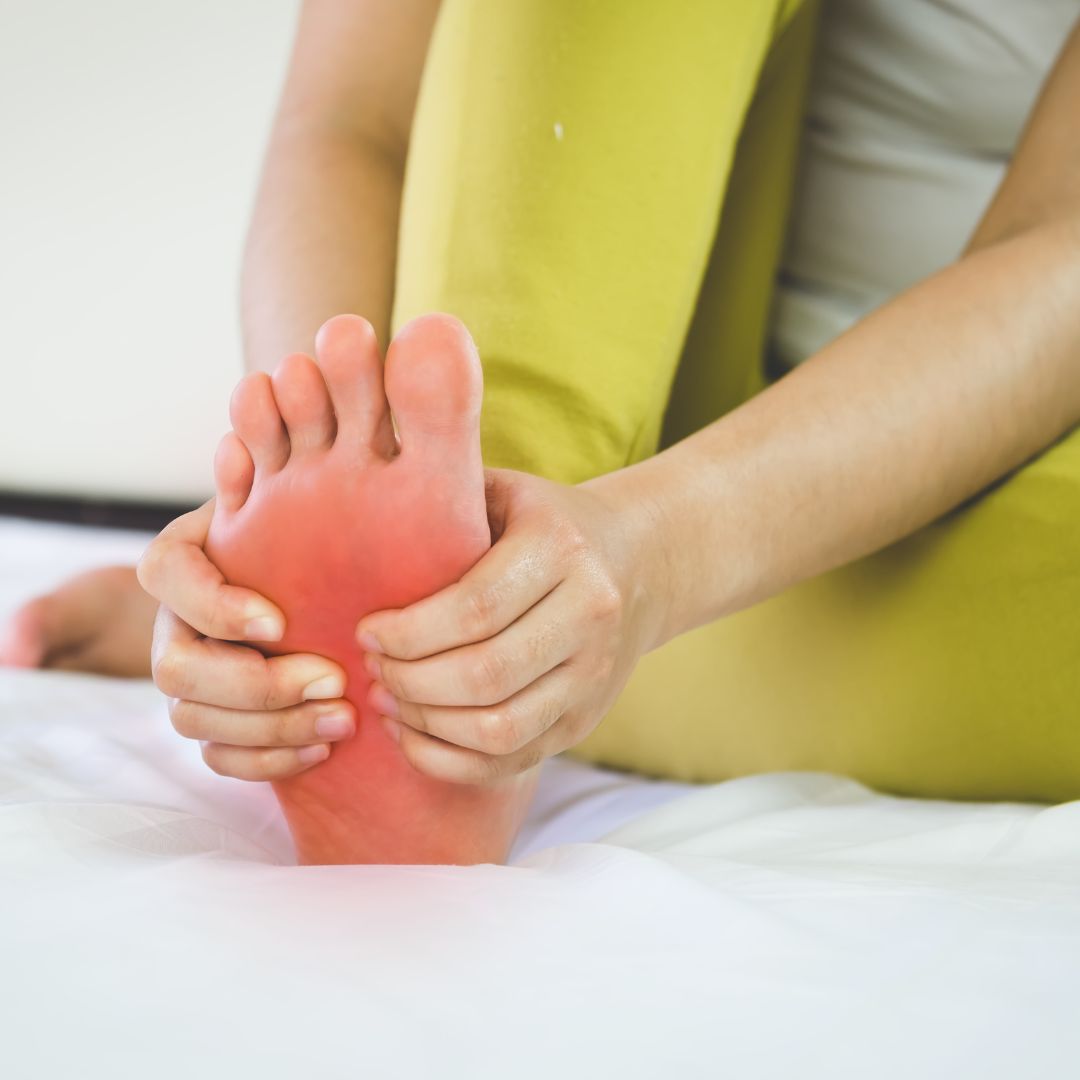When living with diabetes, safeguarding your foot health is vital. Diabetes can lead to complications such as reduced blood flow and nerve damage, which can cause infections, foot ulcers, and in severe cases, amputations. However, with these tips provided by Dr. Herbst, board certified podiatrist at Podiatry Associates of Florida – San Jose Boulevard Division, you can protect your feet and reduce your risk of complications.
Dr. Herbst outlines actionable tips to keep your feet healthy and highlights the importance of proactive care to avoid serious issues. However, often it’s important for diabetic patients to see a podiatrist on a regular basis to ensure they are maintaining healthy feet and avoiding complications. Whether you’re managing diabetes yourself or caring for someone who is, these expert-backed strategies will set you on the right path.
Why Diabetic Foot Care Is Important
Peripheral neuropathy, a common diabetes complication, affects the nerves in your extremities, such as your hands and feet. This can diminish your ability to feel sensations like heat, cold, or pain. “Without proper care, a small injury, like a blister or cut, can escalate into a severe issue before you even realize it,” shared Dr. Herbst, “by following the foot care practices below, you can take control of your foot health and prevent long-term complications.”
- Check Your Feet Daily
Daily inspection is the foundation of diabetic foot care. Make it a routine to check both feet for sores, cuts, blisters, cracks, redness, or swelling. Use a mirror to examine hard-to-see areas or ask for help from a family member. Early detection of any issues ensures timely action before they worsen.
Pro tip: Keep track of your foot checks. A simple checklist or phone reminder can help make this habit stick.
- Choose the Right Footwear
The right pair of shoes can significantly impact your foot health. Poorly fitting shoes increase your risk of blisters, corns, and ulcers. Follow these tips when selecting footwear:
- Get professionally measured and try shoes in person.
- Leave a thumbnail-sized space between the tip of your big toe and the shoe.
- Avoid tight, narrow, or pointy-toed shoes.
- Look for shoes with proper cushioning and arch support.
- And never wear shoes without socks to avoid increased friction and moisture.
It’s also essential to wear shoes both inside and outside. Walking barefoot or using open-toed footwear like flip-flops can increase your risk of injury or infection.
- Keep Toenails Trimmed
Untrimmed or improperly trimmed toenails can lead to ingrown nails, which may cause painful infections. To prevent this, cut your toenails straight across and file any sharp edges. If you’re unsure how to trim them correctly or if you encounter difficulties, schedule an appointment with Dr. Herbst at Podiatry Associates of Florida – San Jose Boulevard Division.
- Consider Compression Socks
If you experience swelling in your legs or feet, or have conditions like venous insufficiency or a history of blood clots, ask us about compression stockings. These can improve circulation and minimize swelling. Opt for open-toe designs to easily monitor your skin’s condition.
- Wash and Dry Your Feet Daily
Proper hygiene is another key aspect of diabetic foot care. Use warm (not hot) water and mild soap to gently wash your feet every day. Dry thoroughly, especially between your toes, to prevent fungal infections.
Important tip: Avoid soaking your feet for long periods, as this can dry out your skin and increase vulnerability to cracks and infections.
Stay Proactive With Your Foot Health
Taking proactive steps to protect your feet can go a long way in preventing serious complications associated with diabetes. By making daily foot checks, proper footwear choices, and regular healthcare visits a priority, you can keep your feet safe and healthy.
If you’re unsure where to start or have questions about diabetic foot care, call our office to schedule an appointment. Taking action today can make a significant difference in your overall well-being.

